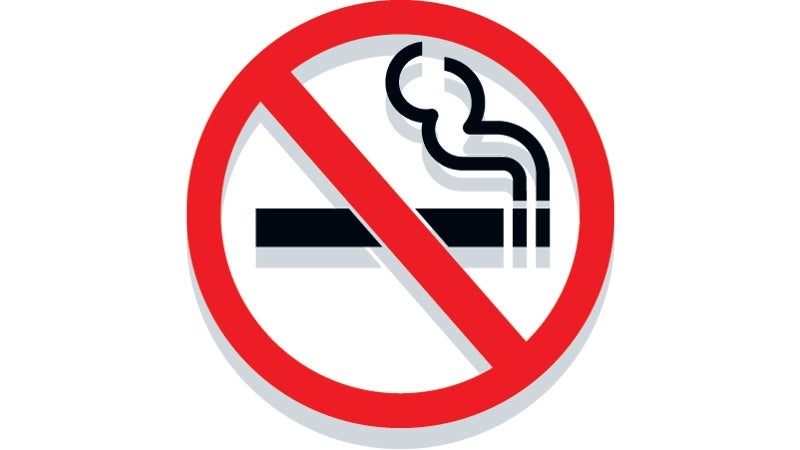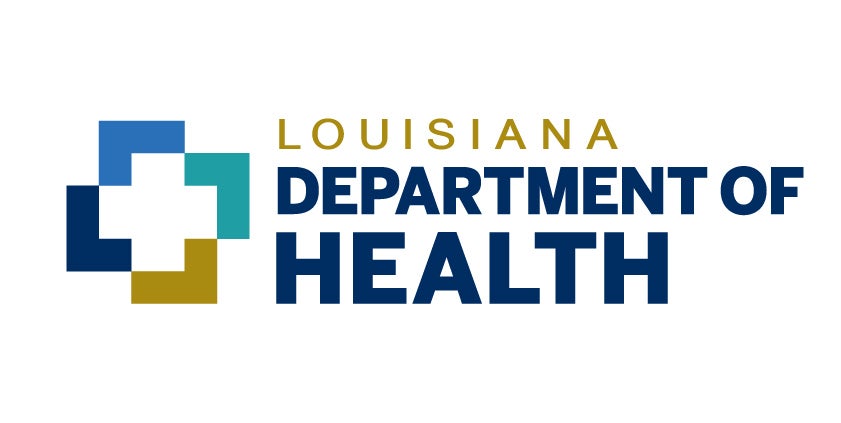Start the New Year smoke-free: Smoking Cessation Trust shares quit tips
Published 12:00 am Wednesday, January 1, 2020
As 2019 comes to an end and many people begin to make their New Year’s resolutions, one resolution that consistently appears at the top of many lists is “quitting smoking.” Louisiana currently ranks 43 out of 50 states for tobacco use, according to the recently released 2019 America’s Health Rankings® Report from the United Health Foundation. Presently, 20.5 percent of the state’s adult population smokes (down from 23.1 percent). While Louisiana’s smoking rate has dropped, according to the CDC (Centers for Disease Control and Prevention), the number of adult smokers in the U.S. is now estimated at 16.1 percent, demonstrating how Louisiana is successfully getting better at closing the gap.
“The Smoking Cessation Trust, along with other dedicated cessation programs and providers across Louisiana, have helped contribute to this successful stat by providing ongoing education, products and services, that are helping smokers quit their nicotine addiction,” said Mike Rogers, CEO, Smoking Cessation Trust Management Services. “In spite of the challenges faced by smokers old and young from the recent onslaught of new, high-tech, smoking systems like JUUL and other e-cigarettes/vaping brands, the Trust has managed to help over 106,000 members on their journey to quitting.”
As 2020 approaches, the Smoking Cessation Trust reminds Louisiana smokers: “don’t switch—quit” when it comes to their cessation efforts, and encourages them to ring in the New Year tobacco-free by following these five quit steps from the CDC:
- Set a Quit Date: Pick a date—like the start of the New Year—to quit smoking. Really think about your quit date. Avoid choosing a day where you know you will be busy, stressed, or tempted to smoke (for example, a night out with friends, days where you may smoke at work). This will give you enough time to prepare.
- Tell Family & Friends that You are Trying to Quit: Telling family, friends and coworkers about a quit attempt has been shown to increase a quitter’s chances of success. By sharing what kind of support a quitter is looking for–either encouragement or accountability–your loved ones can be involved in the process. The more people a smoker has in their corner, the more likely they are to succeed. Have a spouse or friend who wants to quit too? Do it together!
- Plan for Challenges While Quitting: Stopping smoking is not just about dealing with nicotine cravings. Many smokers need to work through the habitual tendencies surrounding cigarette use. By going to a group workshop run by a certified tobacco treatment specialist (“CTTS”) quitters can learn how to work through cravings and triggers like stress, boredom and nervousness without reaching for a cigarette. Many major hospitals across the state of Louisiana offer cessation counseling;contact the Trust for a full list.
- Remove Cigarettes, e-Cigarettes and Other Forms of Tobacco from Your Home, Car and Work: You will be tempted to smoke during your quit. Stay strong; you can do it! Removing things that remind you of smoking will get you ready to quit. A few good ideas are:
- Throw away all your cigarettes (and e-cigarettes). Throw away your matches, lighters and ashtrays. Remember the ashtray and lighter in your car!
- Don’t save one pack of cigarettes “just in case.” Keeping even one pack just makes it easier to start smoking again.
- Remove the smell of cigarettes from your life. Make things clean and fresh at work‚ in your car‚ and at home. Clean your drapes and clothes. Shampoo your car interior. You will be less tempted to light up if you don’t smell smoke.
- Have your dentist clean your teeth to get rid of smoking stains. Your teeth will look amazing. When you quit smoking, they will always look that way.
- Talk with Your Doctor about Nicotine Replacement Therapy or Pharmaceutical Help: Quitters should discuss cessation treatments with their doctor. The Smoking Cessation Trust provides access to all recommended cessation methods through provider partnersacross Louisiana; knowing an individual’s medical history, the doctor can suggest and prescribe pharmaceuticals or a nicotine replacement therapy that will work best for each smoker. Doctors can also talk about the benefits of quitting and what to expect.
For more information, to find a provider or to sign up for the Smoking Cessation Trust before the free program ends in 2022, please visit smokefreela.org or call: 504-529-5665 or toll-free at 1-855-259-6346.






